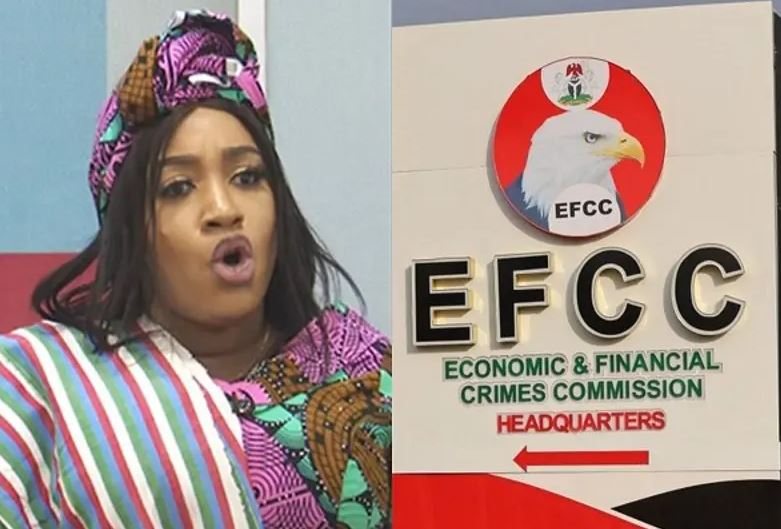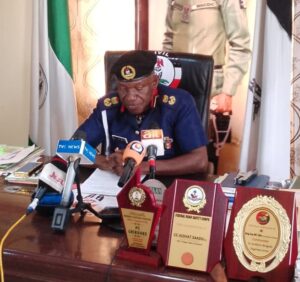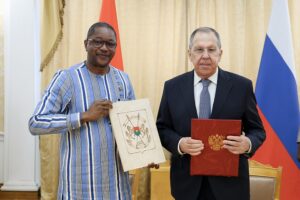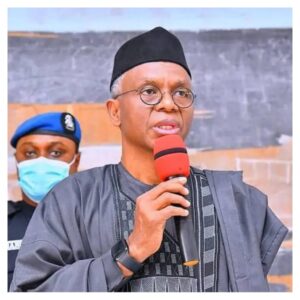Twenty-eight civil society organizations (CSOs) from the Niger Delta are demanding an explanation regarding the recent reports that Dr. Betta Edu, the former Minister of Humanitarian Affairs and Poverty Alleviation, has been cleared by the Economic and Financial Crimes Commission (EFCC). These groups express concern that such findings could damage the reputation of President Bola Tinubu’s administration, which has made a strong commitment to fighting corruption.
In a statement released on Wednesday, their spokesperson, Comrade Emmanuel Gabriel Abela, raised doubts about the credibility of the EFCC’s decision. They highlighted specific allegations regarding the approval of flight fares for ministry staff traveling to Kogi State, a region that reportedly does not have an operational airport. This situation has led to questions about the legitimacy of the clearance.
The statement read, “Edu was suspended in January amid serious allegations of misappropriating approximately N585 million. This decision prompted scrutiny of her management of ministry resources, especially concerning programs designed to alleviate poverty.“Despite the severity of these allegations, we have received reports that the EFCC has cleared Dr. Edu of any wrongdoing. However, the rationale behind this decision remains unclear, prompting our demand for transparency and a public explanation regarding the grounds for her clearance.“One critical aspect of the allegations involves the approval of travel expenses for ministry staff to a region without an airport. If Dr. Edu was indeed cleared, it raises urgent questions about the justification for such expenditures, especially given the ministry’s mandate to support vulnerable populations and manage resources effectively.
“If funds were mis-allocated in this instance, it would undermine the ministry’s objectives and raise serious concerns about Edu’s financial oversight.”
The CSOs emphasized that their concerns are focused solely on the corruption allegations against Edu, rather than any personal grievances. They are calling for a thorough and transparent public explanation from the EFCC regarding the evidence or rationale that led to Edu’s clearance. The groups believe that a clear response from the EFCC is essential to uphold the integrity of the fight against corruption in Nigeria.
“Without transparency, the credibility of the EFCC’s findings and the administration’s commitment to integrity are at risk. The Nigerian public deserves clarity on these serious allegations to foster trust in both the government and its institutions.
“Any failure to provide this transparency will not be tolerated, and we are prepared to mobilize protests nationwide to hold the government and the EFCC accountable.”







